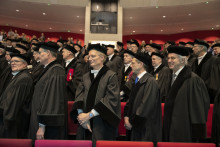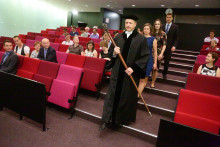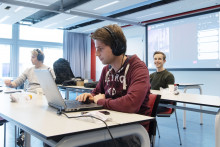This is the limit, PhD Network Netherlands, PostdocNL and The Young Academy wrote to the minister. The coronavirus crisis has many young scientists with their backs against the wall: their experiments are failing, data are inaccessible, test subjects unreachable and field work ceased.
They provide some anonymised examples. For example, PhD candidate ‘Stefanie’ was supposed to conduct an experiment at the beginning of this year, until her laboratory was forced to close due to the lockdown. Research physician ‘Rachid’ was suddenly unable to collect patient data because regular care had come to a standstill. And postdoctoral researcher ‘Lisa’, who is in California thanks to a grant, has also not been able to take a single measurement this spring. Now her grant money is almost gone and her project still uncompleted.
In a tight spot
In summary: it is inevitable that research will encounter delays. This is driving especially young scientists with temporary contracts, such as PhD candidates and postdoctoral researchers, more and more into a tight spot. After all, they have a limited time in which to complete their projects.
On behalf of the Young Academies of all Dutch universities, the writers of the letter are asking Minister Van Engelshoven for a continuity package of 350 million euros. The amount is based on calculations of the Association of Universities in the Netherlands (VSNU), Dutch Federation of University Medical Centres (NFU), research financier the Dutch Research Council (NWO), and science association the Royal Dutch Academy of Arts and Sciences (KNAW). These funds would allow temporary appointments to be extended ‘up to a maximum of six months, for example’.
Heaviest blows
They argue that the world of academia has already done much to take the heaviest blows, from emergency funds to coronavirus crowdfunding campaigns. ‘However, the universities’ own funds and reserves are insufficient to guarantee continuity of research and innovation.’
The writers go on to warn that without additional funds, the Netherlands could see a lost generation of researchers. They claim that in surrounding countries such as Germany, Sweden and Switzerland, young scientists have been able to apply for extensions already.






